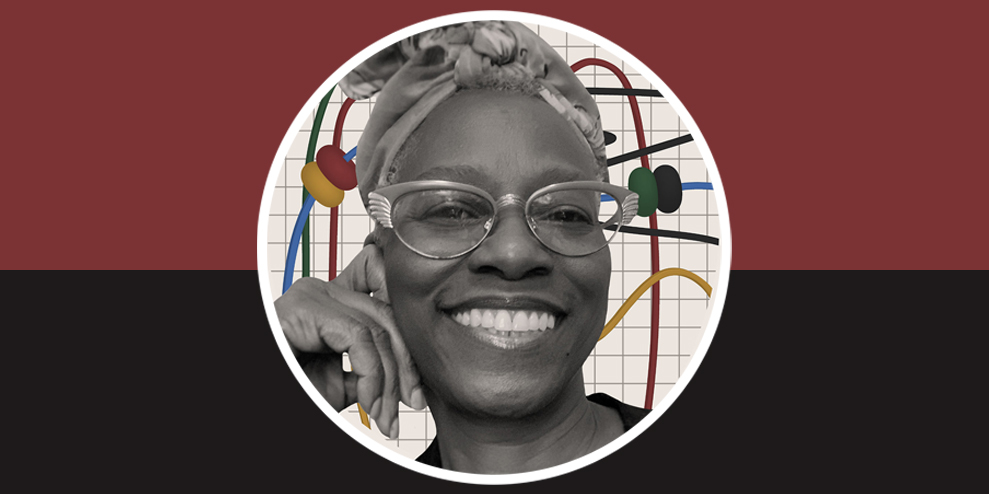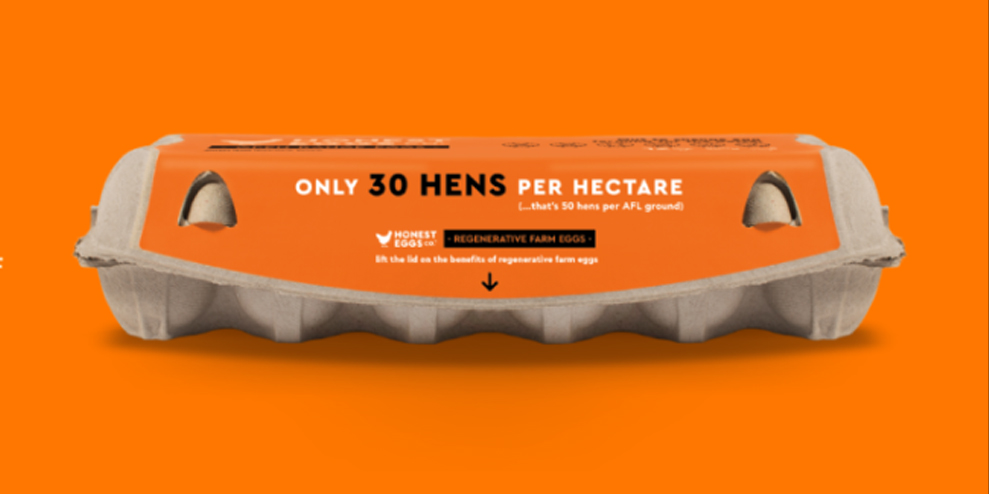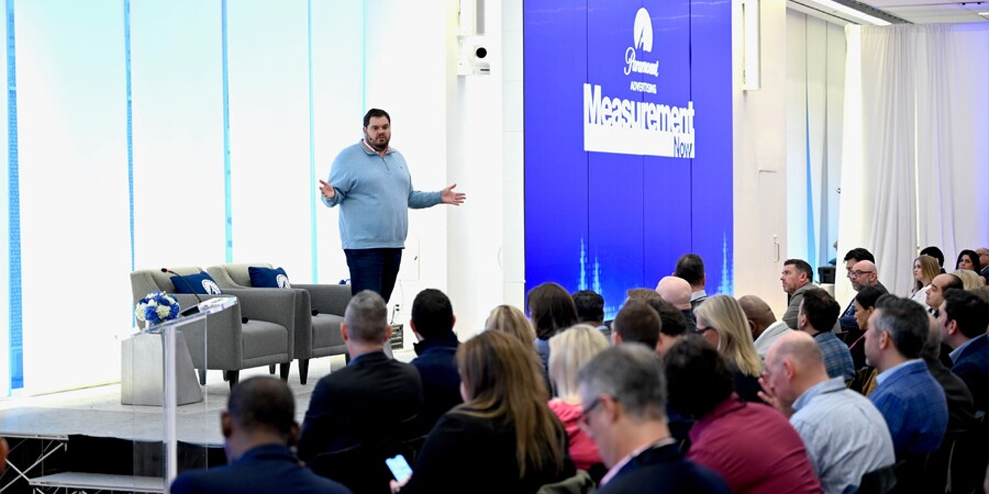Plus, the need for equity in treatment and better pathways into the business for people of color
Jacqui Sutton began her creative copy and music careers simultaneously in her early 20s. As a copy creative, her first foray into all things medical was as an ER transcriptionist in the San Francisco Bay Area.
She eventually got her degree in creative writing from City College New York. Over the years she has been a medical editor and writer for medical communications companies; a senior medical writer for WebMD/Medscape; and made the shift to agency world as a copy supervisor at Evoke Giant. She is now an associate creative director, copy, at FCBCURE.
In parallel, while she transcribed ER dictation, Jacqui began her music performance career as a member of the vocal jazz group Jazzmouth. She spent many years as a stage actor, and in 2010 refocused her efforts on music, creating her own genre blending jazz and bluegrass—Frontier Jazz (where jazz meets the American frontier).
This confluence of creative writing, music and decades in medical communications make for a unique mix of sensibilities that inform Jacqui’s copy creative career. We spoke with Jacqui for our series Checkup, where we chat with leaders in the healthcare marketing space.
Jacqui, tell us…
Where you grew up, and where you live now.
I grew up in Rochester, New York, which back in the day was industrial and fairly prosperous. Everyone either worked for Kodak or Xerox, and the Eastman School of Music was an artistic magnet. I currently live in Richmond, California, my second stint as a Bay Area resident.
How you first got into healthcare marketing, and what attracted you to it.
All things medical have been part of the air and water of my childhood and adult life. I was raised by a nurse, my aunt was a nurse, and in a parallel universe, I am a doctor. In this universe, I was fortunate to spotlight my creative writing skills by writing scripts for animations, animatics and live action videos for projects I worked on at WebMD/Medscape.
Something people might not know about the healthcare industry.
Providers, like the rest of us, respond to clear, compelling communications that can help them see an issue in a new way. Just because the space is loaded with technical language and jargon, doesn’t mean that’s how doctors want to be spoken to.
A recent project you’re proud of.
I enjoyed concepting for the rebrand of the Xience drug-eluting stent. The mission was to find a concept that interrupts the interventional cardiologist’s behavior when choosing stents. We started with a Peter Max-style arm, reaching for the stent over other products. While the more psychedelic original didn’t make it through client review, we retained that spirit through the representation of a wide patient population benefiting from the stent.
Someone else’s project in healthcare that you were impressed by recently.
I appreciate the boldness of the “Depression Sticks” campaign by Mojo Supermarket. It takes guts to counteract the notion of e-cigarettes as safe, or useful in helping people quit smoking. As someone who tried e-cigarettes out of curiosity, not as a regular user, and experienced the depression they spotlight, I think there’s truth to the campaign.
A major challenge facing healthcare advertisers today.
To me, the biggest challenge is just speaking plain English to physicians and patients.
One thing about how healthcare is evolving that you’re excited about.
I don’t think I can say healthcare is evolving; mostly because I can’t get beyond how poorly healthcare is delivered in this country. It’s enough to overcome the barriers to access, so that when a patient encounters the communications part, it’s not clear that the message has any meaning beyond “I’m just glad I cleared X, Y and Z hurdles to get seen by somebody. Whatever fancy words you have to say to me about what this drug does, I don’t care. I just need care. Period.”
How healthcare can attract more creative talent.
People of color need more than to see themselves in the ads that we see. We talk about health inequity and that’s important. But we need to be the storytellers ourselves. Many writers or visual artists of color don’t know that healthcare marketing is even an option for having a rewarding career path as a creative that pays well. We need training and mentoring pathways that identify creatives off the beaten path of colleges and universities. There are community-based “bridge-to-work” programs and other seemingly hidden areas of society where the next creative lives, but just hasn’t been asked to join in the story.
What you would be doing if you weren’t in healthcare marketing.
I am a musician at heart. I would love to devote my time sitting at the piano, singing, writing musicals and poems, telling stories, and finding more ways to keep bringing my two musical loves—jazz and bluegrass—together in my signature style.
—
This article first appeared in musebycl.io
Seeking to build and grow your brand using the force of consumer insight, strategic foresight, creative disruption and technology prowess? Talk to us at +971 50 6254340 or engage@groupisd.com or visit www.groupisd.com/story




